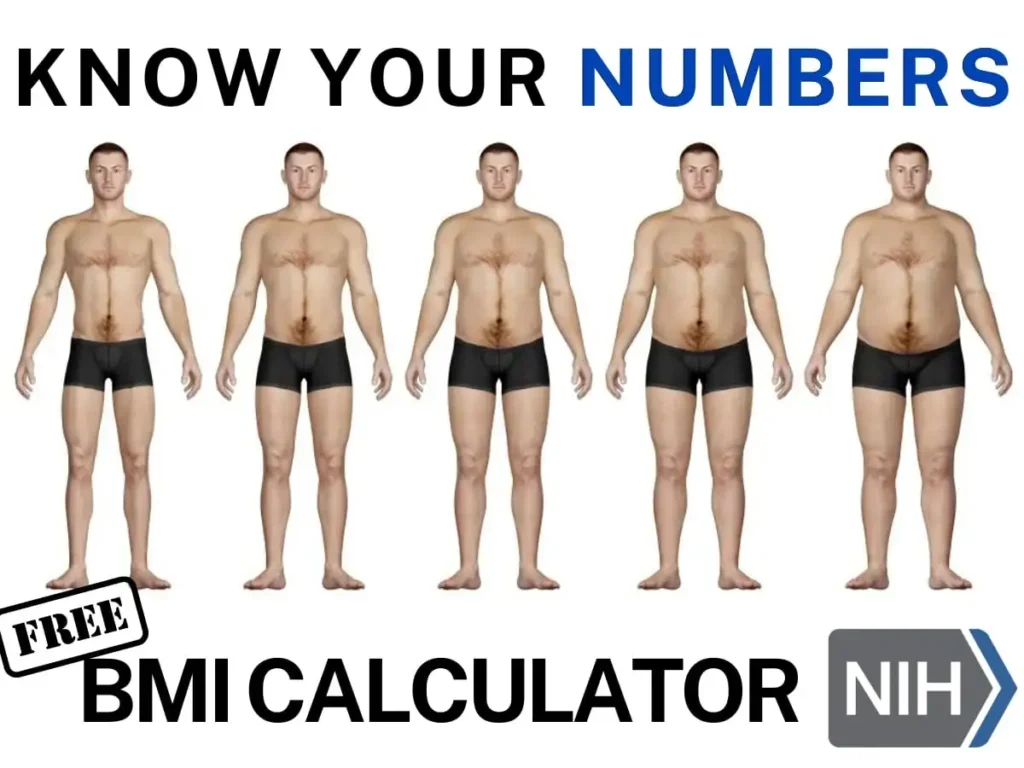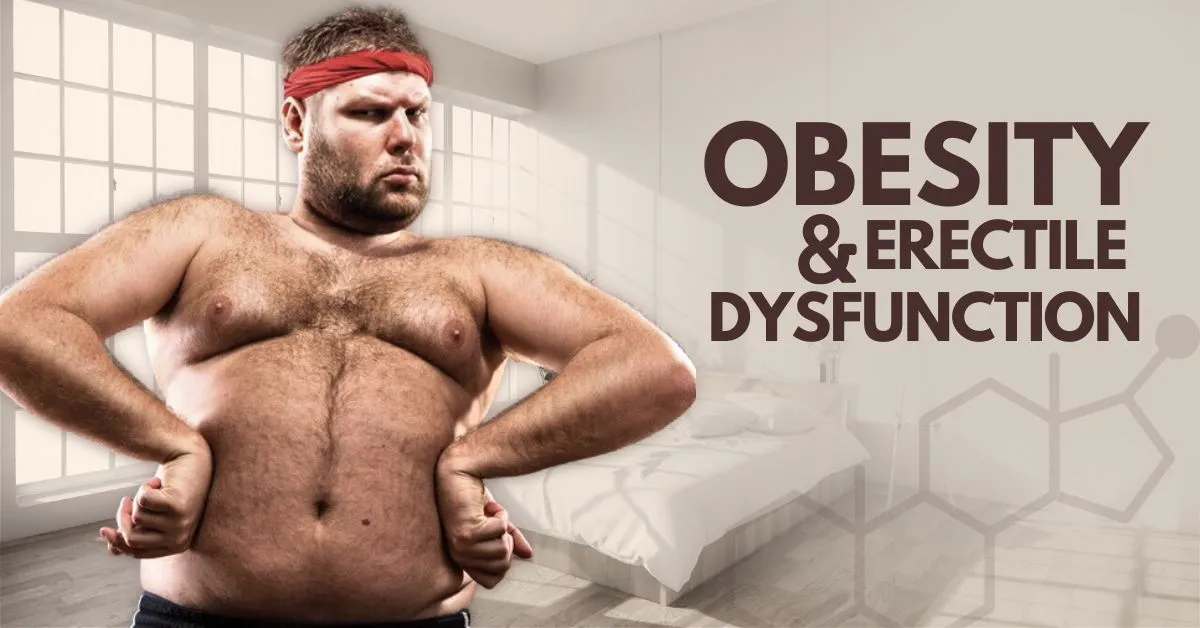How Testosterone Deficiency in Men Can Trigger Obesity and Erectile Dysfunction
Welcome readers, to a topic that addresses two pressing concerns faced by many men today – obesity and erectile dysfunction. But did you know that these seemingly unrelated issues may have a common underlying cause? Join us on an enlightening journey as we dive deep into the fascinating link between testosterone deficiency in men and its potential role in triggering both obesity and erectile dysfunction. Prepare to uncover the hidden truths behind this intricate connection, empowering yourself with knowledge that could potentially transform lives. So buckle up, because we are about to unravel the mysteries surrounding this crucial link – and it’s going to be quite an eye-opener!
What is Testosterone?
Testosterone is a hormone that is produced in the testicles. It is responsible for the development of male characteristics, such as muscle mass and strength, body hair, and a deep voice. Testosterone levels generally peak during adolescence and early adulthood. After age 30, they begin to decline at a rate of about 1% per year.
Low testosterone levels can cause a number of symptoms, including:
- -Fatigue
- -Loss of muscle mass
- -Decreased bone density
- -Increased body fat
- -Reduced sex drive
- -Erectile dysfunction
testosterone deficiency can also lead to obesity and erectile dysfunction. Low testosterone levels can cause the body to store more fat, particularly in the abdominal area. This can lead to an increase in weight and body fat percentage. In addition, low testosterone can cause erectile dysfunction by affecting blood flow to the penis.
The Link Between Testosterone and Obesity
There are many potential links between testosterone deficiency and obesity. One key link may be that low testosterone levels can lead to increased appetite and cravings for high-calorie foods. In addition, testosterone plays a role in regulating metabolism, and low levels of testosterone may make it more difficult to burn calories efficiently.
Obesity can also lead to low testosterone levels. Fat cells produce an enzyme called aromatase, which converts testosterone into estrogen. As men gain weight, they may produce more estrogen and less testosterone, further exacerbating the problem.
In addition to these direct links between obesity and low testosterone, there are also indirect links. For example, obesity can lead to insulin resistance, which in turn can reduce levels of free testosterone in the blood. Obesity can also cause inflammation throughout the body, which has been linked to reduced testosterone production.
Obesity is a risk factor for many health conditions that can cause or contribute to erectile dysfunction (ED), such as diabetes, high blood pressure, and atherosclerosis. Therefore, treating obesity may help improve ED symptoms by indirectly improving testosterone levels or by reducing other risk factors for ED.
The Link Between Testosterone and Erectile Dysfunction
There are many potential links between testosterone deficiency and erectile dysfunction. Testosterone is essential for normal erectile function. It plays a key role in the production of nitric oxide, which is necessary for achieving and maintaining an erection. In addition, testosterone helps maintain healthy levels of blood sugar and insulin, which can be important in preventing diabetes-related erectile dysfunction.
Low levels of testosterone can lead to obesity, which can then cause or worsen erectile dysfunction. Obesity can cause hormonal imbalances that reduce testosterone levels. In addition, obesity can damage blood vessels and nerves, making it more difficult to achieve and maintain an erection.
Erectile dysfunction can also be a side effect of some medications used to treat low testosterone levels. These medications include testosterone replacement therapy and anabolic steroids. If you are taking any medication for low testosterone, talk to your doctor about the potential for erectile dysfunction.
LINK BETWEEN BMI AND LOW TESTOSTERONE
There is a strong inverse relationship between BMI and testosterone levels in men. This means that men with higher BMIs are more likely to have low testosterone levels, and men with lower BMIs are more likely to have normal testosterone levels.

Click the link below to take a Free BMI Test online – Provided by the National Institute of Health.
There are a few reasons why obesity can lead to low testosterone levels. One reason is that fat cells produce an enzyme called aromatase, which converts testosterone into estrogen. This process is called aromatization. The more fat cells a man has, the more aromatase they produce, and the more testosterone they convert into estrogen. This can lead to a decrease in testosterone levels.
Another reason why obesity can lead to low testosterone levels is that it can cause inflammation. Inflammation can damage the hypothalamus and pituitary glands, which are responsible for producing the hormones that signal the testicles to produce testosterone. This can lead to a decrease in testosterone production.
Finally, obesity can also lead to insulin resistance. Insulin is a hormone that helps the body use glucose for energy. When a man is insulin resistant, his cells cannot use glucose efficiently. This can lead to high levels of insulin in the blood, which can suppress testosterone production.
Symptoms of Low Testosterone
Testosterone is the key male sex hormone, responsible for the development of secondary sex characteristics in men, including muscle mass and strength, body hair, and a deep voice. It also plays a role in sperm production and erectile function. Low levels of testosterone can lead to a range of symptoms, including:
• Reduced muscle mass and strength
• Decreased bone density
• Fatigue
• Depression
• Irritability
• Hot flashes
• Sleep problems
• reduced sex drive
Erectile dysfunction is one of the most common symptoms of low testosterone. Testosterone levels decline naturally with age, but sometimes low testosterone can be caused by an underlying medical condition such as obesity, type 2 diabetes, or sleep apnea. Treating these conditions can often improve testosterone levels and alleviate symptoms.
| PT 141 Peptide Therapy for Erectile Dysfunction Symptoms | Low T Treatment |
| PT 141 peptide (Bremelanotide) boosts your sex drive, increases sexual desire and improves erections in men. Learn More | While men’s testosterone levels naturally decline as they age, low T (low testosterone) treatment is available to treat this hormone deficiency. Learn More |
KNOW YOUR LEVELS
Contact us to discuss male sexual hormone tests and treatments in Boca Raton & beyond!
Ways to Increase Testosterone Levels
It’s no secret that testosterone is the hormone responsible for giving men their manly characteristics. But what many people don’t know is that testosterone levels in men start to decline as they age. This can lead to a whole host of problems, including obesity and erectile dysfunction.
There are a few different ways that you can increase your testosterone levels. One way is through diet. Eating foods that are rich in protein and low in fat will help to boost your testosterone levels. Another way to increase your testosterone levels is through exercise. Getting regular exercise, especially weight lifting, will help to increase your testosterone levels. You can also take supplements to help increase your testosterone levels. There are a number of different supplements on the market that claim to boost testosterone levels. Be sure to talk with your doctor before taking any of these supplements, as some of them may have side effects or interact with other medications you may be taking.
Diet & Lifestyle Changes to Help with Low Testosterone
It is no secret that obesity and erectile dysfunction are linked to low testosterone levels in men. In fact, studies have shown that obese men are more likely to experience erectile dysfunction than men of healthy weight. Furthermore, obese men who suffer from erectile dysfunction are also more likely to have low testosterone levels.
There are a number of diet and lifestyle changes that can help to improve testosterone levels in men. First and foremost, it is important to maintain a healthy weight. This can be accomplished by eating a healthy diet and getting regular exercise.
In addition, there are a number of supplements that can help to improve testosterone levels. These include vitamin D, zinc, magnesium, and Tribulus terrestris. It is important to avoid things that can lower testosterone levels, such as smoking and excessive alcohol consumption.
Alternatives to Increase Testosterone
There are a number of ways to increase testosterone levels in men, ranging from lifestyle changes to medical interventions.
Lifestyle Changes
Lifestyle changes that may boost testosterone levels include:
- -Getting regular exercise
- -Eating a healthy diet
- -Reducing stress levels
- -Getting enough sleep
Medical Interventions
Medical interventions that may be used to increase testosterone levels include:
- -Testosterone replacement therapy
- -Hormone replacement therapy
- -Anabolic steroids
Conclusion
Testosterone deficiency can be a serious health issue for men, as it can lead to obesity, erectile dysfunction, and other complications. It is important to understand the link between testosterone deficiency and these conditions so that proper diagnosis and treatment can be sought out. Fortunately, there are many options available to help restore normal testosterone levels in men who have this condition. With early detection and appropriate treatment, many of the associated symptoms can be managed or even reversed entirely. Ultimately, understanding how testosterone deficiency in men affects their overall health is essential for ensuring a happy and healthy life.
KNOW YOUR LEVELS
Contact us to discuss male sexual hormone tests and treatments in Boca Raton & beyond!
BONUS SECTION:
Obesity and erectile dysfunction are two interconnected health issues that have increasingly captured attention in recent years. Erectile dysfunction, commonly known as the inability to achieve or maintain an erection sufficient for sexual intercourse, has long been attributed to various factors such as stress, aging, or underlying medical conditions. Yet, a growing body of research emphasizes the detrimental impact of obesity on male sexual health. Obesity can trigger hormonal imbalances by increasing estrogen levels while lowering testosterone production—a key hormone essential for healthy erectile function. Moreover, excess fat accumulation in the abdominal area restricts blood flow and damages blood vessels critical for penile erections. The adipose tissue itself releases proinflammatory substances that further exacerbate vascular problems leading to impaired erectile response. This intricate relationship between obesity and erectile dysfunction calls for comprehensive interventions addressing both weight management strategies and targeted treatments aiming to restore sexual function effectively.
Furthermore, visceral fat (located around organs) often accumulated in those who are obese has been linked to increased insulin resistance and inflammation markers within the body. Both these physiological responses play significant roles in impairing endothelial function – crucial for normal vascular health required during erection processes. Additionally, psychological factors associated with both obesity and erectile dysfunction can further exacerbate their connection; low self-esteem stemming from weight gain compounded by anxiety over sexual performance creates a vicious cycle negatively impacting one’s overall well-being.
Learn more about testosterone related to obesity, medical weight loss, and men’s health- Contact Us to discuss your unique situation now.


